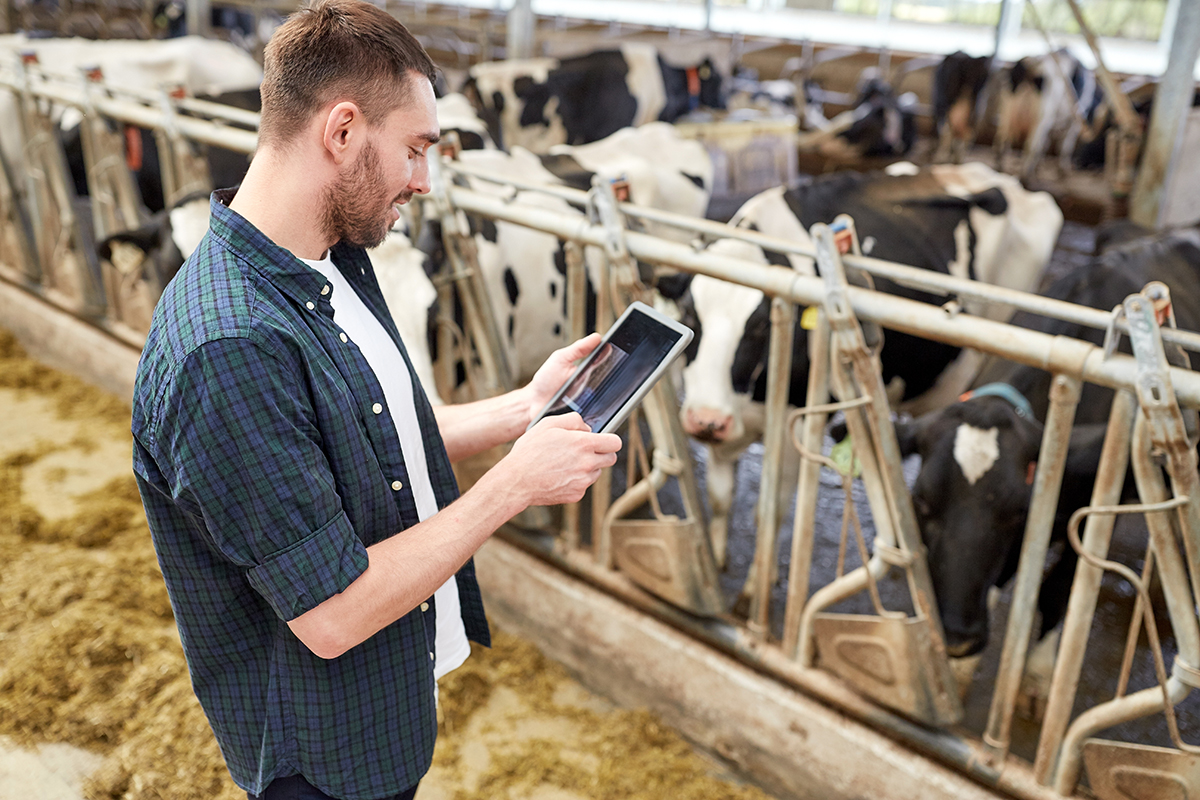Dairy farmers across the country have historically been less inclined to participate in the AgriStability program than other agricultural sectors. In normal years, dairy operations may be at less risk due to the stability in price and production offered by the supply management system. Unfortunately, this year is shaping up to be anything but normal. With the industry facing a unique set of circumstances that have a very real potential to impact your revenue and costs, it’s time to give AgriStability a serious look.
Between the impacts of COVID-19 and the upcoming implementation of the Canada-United States-Mexico Agreement (CUSMA), here are a few of the factors facing dairy producers this year:
- Fluctuations in consumer demand have resulted in milk being dumped, which will impact the blend price, as well as quota policies being restricted to reduce overall production, and quota allocations being reduced;
- Beef plants have been forced to close temporarily or reduce output, impacting the price and saleability of cull cows and bull calves;
- When CUSMA comes into effect on July 1, Class 7 will be eliminated and new restrictions on skim milk management have the potential to impact the blend price; and
- Supply shortages could increase the cost of inputs like seed, fertilizer and crop protection products.
These new uncertainties add another layer to the everyday risks of dairy farming such as drought, feed quality issues and disease. The compounding effect of these risks creates a scenario where dairy farms are more likely to trigger an AgriStability payout.
As a whole-farm, margin-based program, AgriStability offers protection against financial losses from lost production, falling prices and rising input costs. Payments are triggered when you experience a 30 percent drop in your reference margin. The important thing to understand is how much your revenue needs to drop for this to happen. For dairy producers, the revenue drop required to trigger an AgriStability payment could be as low as 12-23 percent, depending on your cost structure. Any eligible cost increases would also increase the likelihood of triggering an AgriStability benefit.
One additional factor to consider is the message coming from the federal government. Federal Agriculture Minister Marie-Claude Bibeau has repeatedly signalled that financial support for agriculture operations will first come through existing programs like AgriStability. Historically, eligibility for government ad hoc payments made during times of crisis has been tied to enrollment in the AgriStability program, which may well be the case with COVID-19.
Here’s the bottom line: while the AgriStability program may not have been right for your dairy operation in the past, it’s well worth considering this year. With the uncertainty resulting from the combination of COVID-19 and CUSMA, some extra insurance is a good idea—and the AgriStability program offers the broadest coverage of any business risk management program available to dairy operations.
The cost to enrol in the 2020 AgriStability Program is quite reasonable at $315 per $100,000 of margin coverage. The deadline to enrol has been extended without penalty to July 3, 2020, so you’ll need to act quickly if it’s something you’d like to consider for your farm.
If you have questions about AgriStability and how the program might work for your dairy operation, contact Kimberly Shipley, CPA, CA at 403.356.1278 or [email protected].






